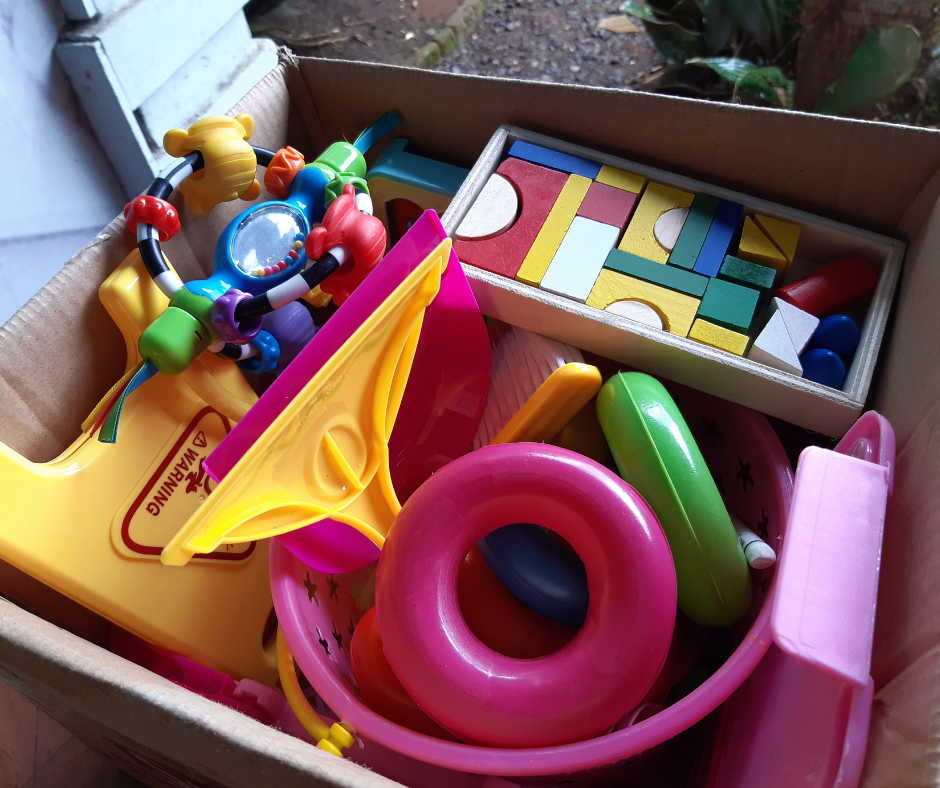Our recommended partners at www.PayrollForNannies.co.uk provide payroll advice for
parents and have created this content.
A full time nanny is entitled to 28 days holiday (5.6 weeks) which includes bank holidays.
Employers are entitled to choose all the dates of holiday nanny should take, but in practice
nanny normally chooses 2 weeks while the employer chooses the other 2 weeks.
In your contract with nanny, make sure you ask for notice for nanny’s proposed holiday this
will allow you to find alternative childcare. Some employers ask for at least 4 weeks notice.
We would recommend you keep note of holiday taken paid or unpaid, just in case nanny
leaves part way through the year and has over taken on holiday. This way any unpaid or
over paid holiday can be paid/deducted in her final payslip.
If nanny works more than 5 days a week, their holiday entitlement is capped at 28 days. It is
not a problem if you agree more day’s holiday with nanny – this could be a condition of her
working for over a stated amount of time.
If nanny is part time, she is entitled to annual leave (28 days including bank holidays), but
pro-rated. So if nanny works 2 days a week, her holiday allowance is calculated:
2 days a week x 5.6 annual holiday allowance = 11.20 days holiday.
You must not round the holiday allowance down to 11, but can round it up to 11.5 days.
If nanny works different hours each week, you calculate her holiday pay by averaging her
last 12 weeks worked hours then multiply it by 5.6, this then gives you her holiday
entitlement in hours for the year and when she has a day’s holiday or was due to work on a
public holiday, whatever hours she was scheduled to work that day are then deducted from
her overall annual entitlement.











